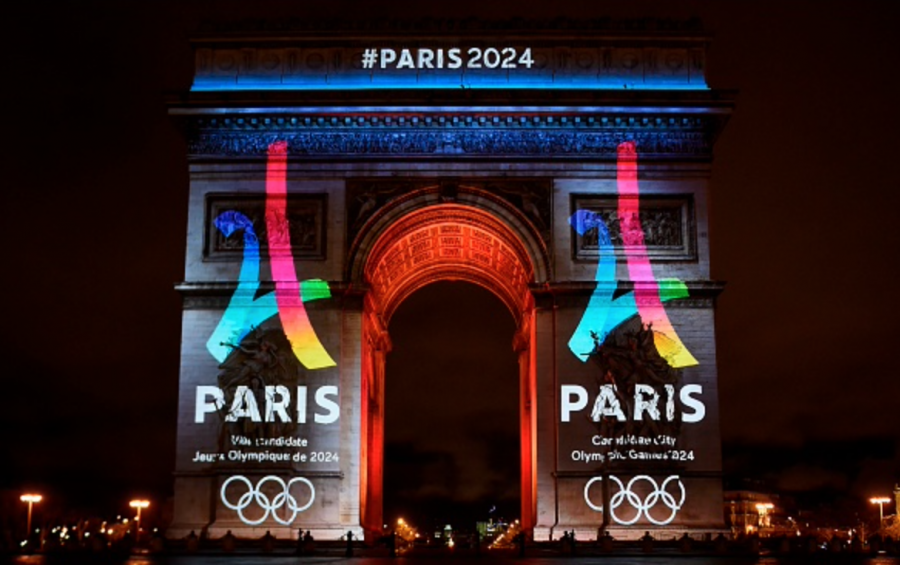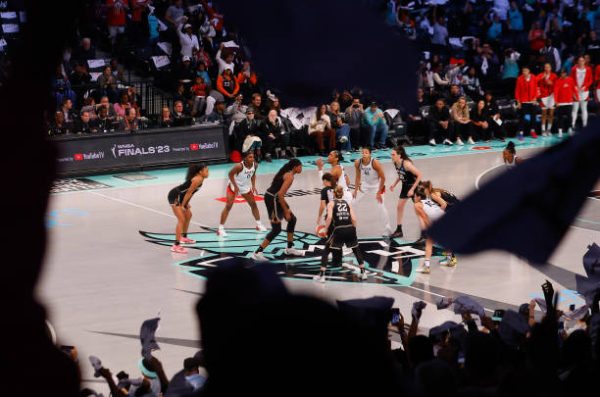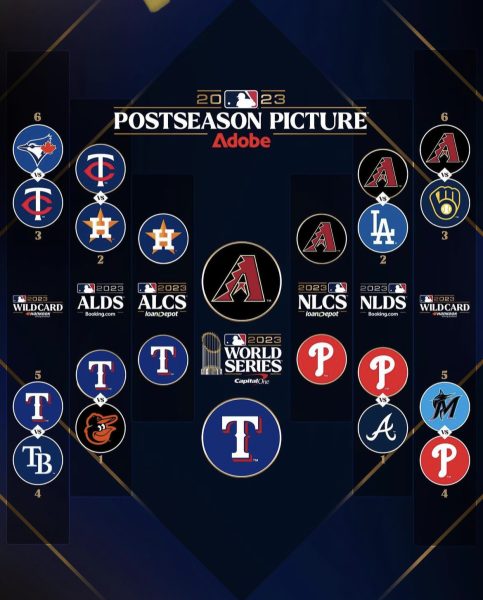Olympics welcomes breakdancing to 2024 games
At the beginning of December, it was announced that in 2024, competitive breakdancing would officially become a sport for the Paris Olympics. Reports coming from BBC sports on the news has left quite an impression on consumers and other Olympic athletes. With some excited for the new sport coming in the next four years, some call it a “mockery” to the Olympics and what they were originally made for.
It seemed to be in the works for the last two years to introduce the sport to a higher platform. Having test runs at the Youth Olympics in 2018 and passing further approval stages in 2019, it was only inevitable for the sport to reach a higher status by getting approved by the International Olympic Committee (IOC).
Getting approved is amazing because it is an urban sport, other sports contended did not cut, and recognized by the Olympic Committee to become a part of their exclusive contests.
For the people excited about the new sport being introduced to the Olympics, it feels like they have broken through to the world by allowing such a unique thing to be involved with a prestigious title. Words from British breakdancer, Karam Singh, explained what this will mean.
“It’s going to be great that we are involved in the Olympics now, it will give us more recognition as a sport. It will attract more younger people to not only breakdancing but to the Olympics as a whole, Singh said.”
Indeed it will attract more attention to the Olympics. In the last few years, viewers have shown that they are not as interested in the Olympics as past generations were. This is where the gap is starting to show. More people want the Olympics to increase their ratings while others want to keep the event’s integrity and hold it to the standards of when it was initially organized.
Others believe that this move will put shame on the Olympics. Star Olympic champions like Australian squash great Michelle Martin believe that this should not be included anywhere near the Olympics. Martin doubts breakdancing as a sport entirely, stating, “I know some people consider it a sport, but I do not understand.”
The three-time champion shows displeasure in the decision that she had to work hard, and to make matters worse, break dancing ruled out the sport she has been dominant in. Squash has been ruled out by skateboarding, break dancing, surfing, and even BMX; this gives Michelle the feeling that the IOC is snubbing her sport regardless of how hard it is to train and how athletic it is.
With mixed reviews and an unfinished guide on how to spectate the new sport, it cannot be denied that this is an exciting breath of fresh air to the world of Olympic sports. Some see it as disrespectful to the legacy or a scapegoat for more views, but the consensus can result in an upgrade to the already declining historical event.
The process to introduce it to the Olympics is a simple but detailed one. There needs to be a full rulebook, a consistent way of scoring, and making sure all participants can qualify the same way anyone else can qualify to get into an Olympic sport. Having to devise a way to score may be the only option for the United States of America Breaking Committee to maintain the already established integrity of their sport.
Chairman of the USA Breaking Committee, Antonio Castillo, states that break dancing already had everything you need to make it a part of the Olympics. He and the International Olympic Committee believe that this is a power move to bring back the youth’s interests and include a new scenery to the usual bunch of prestigious sports.
This event will occur in Paris 2024, hoping that COVID-19 will be more controlled to allow the sports to continue as they have for the century. Adding the new sport may assist the rating department, but regardless, the competition will be as tough and as thrilling as always.

Julio Camacho is the sports editor and a staff reporter for The Chaparral newspaper. He is a film/television major and plans on being a cinematographer...











